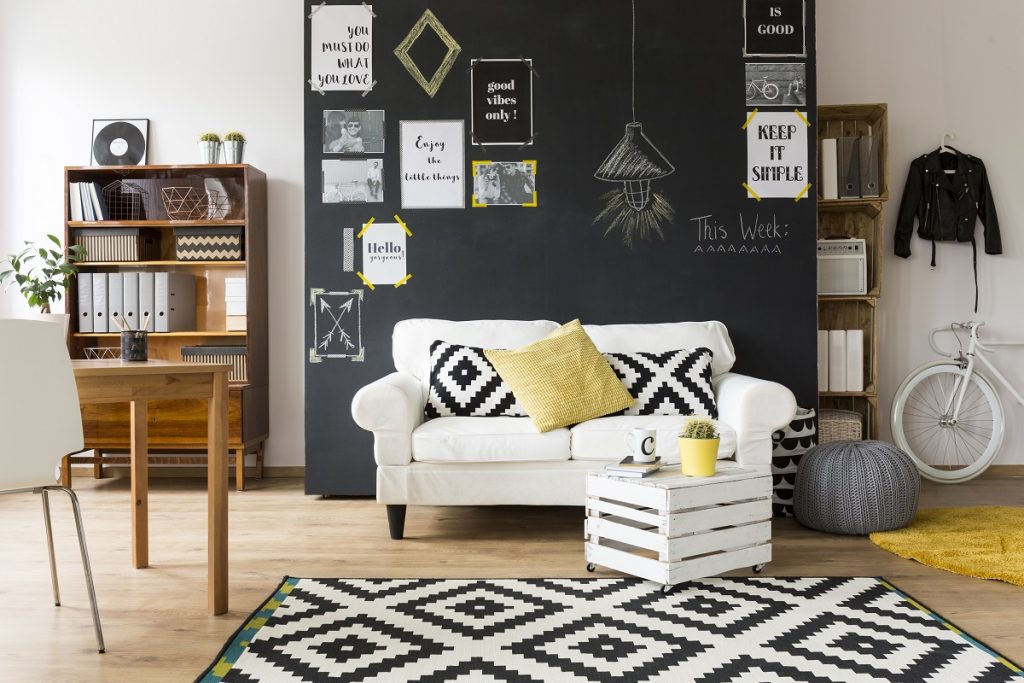Somewhere in the different parts of the world, there are patches of floating plastic bottles. The water level is rising, and natural disasters have become more destructive than ever. It might seem like an unsolvable situation, something best left to lawmakers and environmental organizations. But it doesn’t have to be this way. While companies are paying us lip service on their green campaigns, there is something you can do right in the comfort of your home.
Living an eco-friendly lifestyle means following sustainable practices that are not harmful to the environment. Practicing green habits has become increasingly important, as we need to preserve the natural environment, clean the air, and reduce landfill waste. But we can double our efforts if we start within our homes and allow the family to get involved.
Sadly, most homeowners are struggling to make meaningful changes because they prefer convenience rather than being sustainable. To help you begin, this article will show the small changes you can make to make your home an eco-friendly space.
Living smarter

The best way to start is to invest in renewable energy sources for your home’s electricity. Instead of relying on non-sustainable sources, such as gas or oil, why not use the sun itself? Solar panels are a form of renewable energy technology that uses the sun’s heat as an energy source. They function through the photovoltaic systems that transform the sun’s energy into electricity.
Another technique is to switch the heating source in the kitchen. Most eco-friendly restaurants are investing in cooking appliances with lower energy consumption and waste. One example is environmental franchises that provide cooking oil micro-filtration services to food establishments. You can also do this at home using eco-friendly heating sources, such as biomass boilers, electric boilers, and gas boilers.
Heat pumps are another smart alternative for heating options. Not only are they eco-friendly, but they also have lower energy consumption and reduce the need for oil tanks and gas pipes. For those who are using gas or oil, you can also try switching over to solar thermal that uses the sun’s heat to boil water without combustion.
Being eco-friendly on a budget
If you are on a tight budget, start by making small changes in the kitchen. For example, most people have a habit of heating the entire oven for a few pieces of sandwich bread. Obviously, this habit is not energy efficient as the oven uses a huge amount of electricity to heat up, leading to skyrocketing utility bills. Instead, use the toaster to get the job done faster with less energy use. Don’t forget to check if you have properly closed the oven door to avoid energy loss.
For coffee lovers, getting a decent coffee maker is more eco-friendly than paying frequent visits to the coffee shop and wasting multiple plastic lids and paper cups. It also applies to pod coffee makers, where you have to use plastic capsules that will only end up in landfills. Getting a coffee maker doesn’t have to be expensive. A basic French press will get you several ounces of coffee at less than $20.
Making home repairs is another eco-friendly technique that doesn’t require spending more than a dollar. Repair those dripping taps that need some fixing. Instead of buying brand-new wooden furniture, why not apply a fresh paint coat for a splash of color at home? You can also replace the showerhead by getting a low-flow design that restricts excessive water use. Instead of using the AC all day, getting window treatments is also a smarter way to maintain the home’s temperature. You can do this by upgrading the blinds and curtains to control the air circulating in every room.
Using eco-friendly goods
While environmental friendly goods and organic products may require you to pay a premium than mainstream goods, it pays a lot than causing damage to biodiversity. In fact, plenty of commercial cleaning products use toxic ingredients that can be harmful to the planet. Most of these products are often used for personal items in the house, such as clothes, dishes, and other food utensils.
When shopping for eco-cleaning products, avoid those containing foaming agents, preservatives, synthetic ingredients, and detergents. These chemicals incur the most harm to nature.
A great alternative is to switch to products with sustainably grown or raised ingredients that will not cause damage to the ecosystem. Natural cleaning solutions or homemade products are just as effective as commercial ones. These products don’t contain harmful chemicals that can negatively affect the environment and your health.
Living sustainably doesn’t have to be tough and expensive. In fact, you can start an eco-friendly lifestyle by just being resourceful and practical. Keep in mind that being environmentally conscious is not enough to make a difference. You need to start within yourself to make worthwhile changes.







